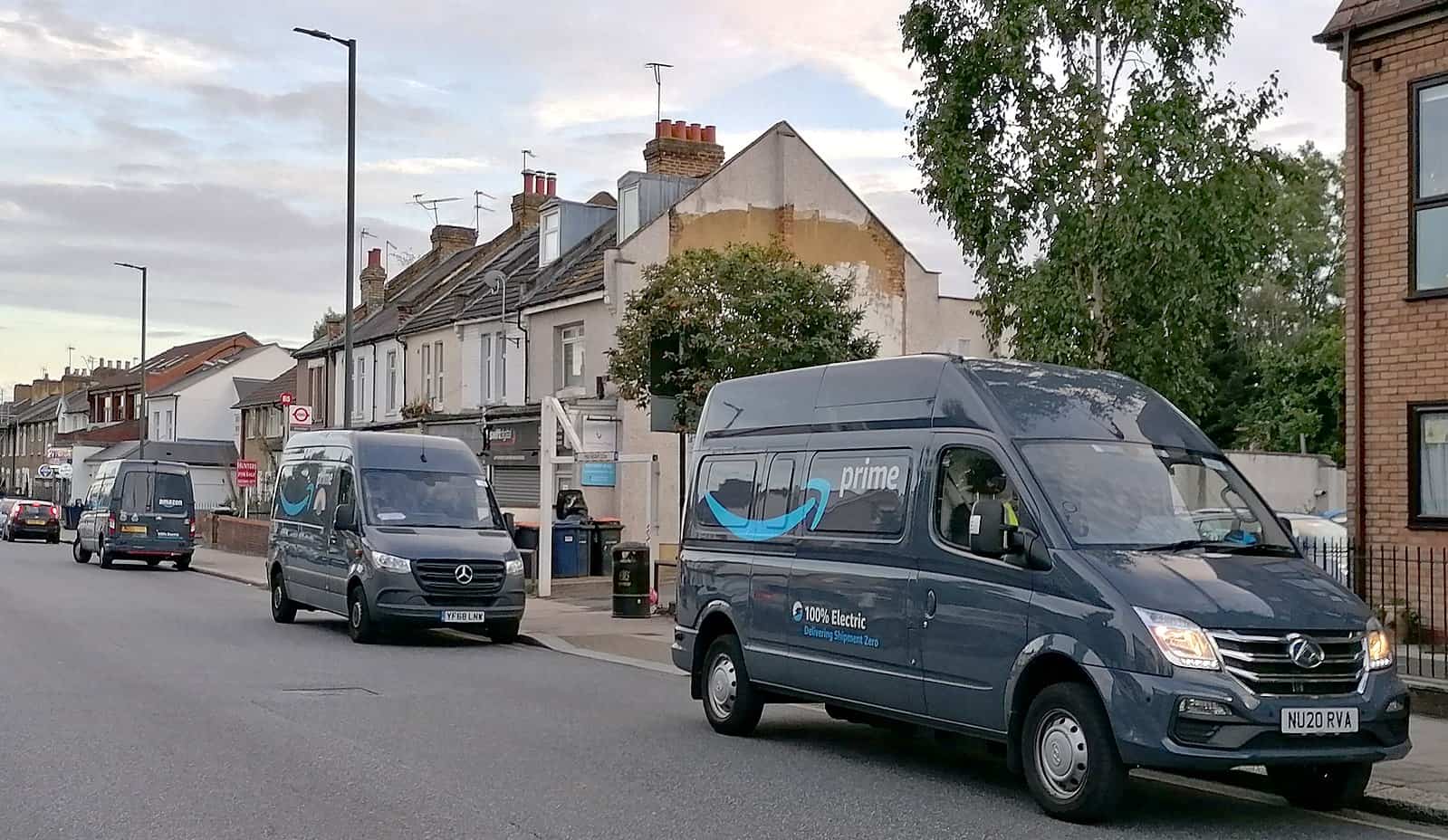
Fred Messner is a student at Harvard Law School.
This morning, the Retail, Wholesale, and Department Store Union (RWDSU) formally filed 23 objections to Amazon’s conduct during the organizing campaign at the company’s Bessemer, AL plant. Among the union’s objections are accusations that the company intimidated workers by identifying and removing union supporters from mandatory captive-audience meetings; that the company threatened workers with lost pay and benefits if the union prevailed in the election; and that the company sent messages to workers claiming that the Bessemer facility would close or be shrunk if the workers voted for the union. The RWDSU also filed a series of objections related to the Postal Service’s installation, at Amazon’s request, of a mailbox on company property. The union alleges that Amazon surveilled the mailbox, posted campaign messaging on and around it, and conducted coercive ballot harvesting by pressuring workers to mail their ballots at work. Taken together, the union claims, these activities impermissibly created the appearance that Amazon, rather than the NLRB, controlled the mechanics of the election. As Bloomberg Law explains, the NLRB regional director will likely conduct an investigation into the claims; if Amazon is found to have impermissibly affected the “laboratory conditions” under which unionization elections are intended to be conducted, the Board may order a new election.
California enacted a law on Friday requiring employers in the hotel, event center, airport, and janitorial sectors to give hiring priority to workers laid off during the pandemic. The law covers employees who were employed for more than six of the 12 months preceding January 1, 2020 and who were laid-off for reasons actually related to the pandemic. Whenever a covered employer creates a new position, it must offer it to a covered employee within five days before making it available to a worker who was not previously laid off. While the bill certainly provides a victory for workers—the co-president of the Unite Here local that spearheaded the bill described it as “the biggest win for workers during the pandemic”—it represents a scaled back version of a prior bill vetoed by Governor Gavin Newsom last fall. That bill, AB 3216, would have established a strict seniority system for industries rehiring workers laid off during the state of emergency that prevailed in the state for much of 2020, even if the termination was not itself driven by the pandemic.
The Chicago Teachers Union ratified an addendum to its reopening agreement with the city on Sunday. The addendum creates a framework for teachers to return to in-person instruction at the district’s high schools. In addition to bread-and-butter working condition terms governing scheduling, safety procedures, and in-person capacity guidelines, the addendum also includes a first-of-its-kind provision guaranteeing access to vaccines for eligible students ages 16 and older and their families. The ratification of the addendum will allow high schools to open as early as today.
Finally, the Washington State legislature sent a bill to Governor Jay Inslee that would make Washington the first state in the nation to guarantee time-and-a-half pay farmworkers who work more than 40 hours in a week. Many workers in the United States are statutorily guaranteed time-and-a-half pay through the Fair Labor Standards Act, but the FLSA notably excludes farmworkers, leaving their working conditions to be regulated, if at all, by the states. The bill comes on the heels of a state Supreme Court decision finding it unconstitutional (under the Washington State Constitution) to deny dairy workers overtime pay. As currently written, the bill would require time-and-a-half pay after 55 hours starting in 2022, with the overtime trigger falling to 48 hours in 2023 and to 40 hours in 2024.






Daily News & Commentary
Start your day with our roundup of the latest labor developments. See all
June 30
Antidiscrimination scholars question McDonnell Douglas, George Washington University Hospital bargained in bad faith, and NY regulators defend LPA dispensary law.
June 29
In today’s news and commentary, Trump v. CASA restricts nationwide injunctions, a preliminary injunction continues to stop DOL from shutting down Job Corps, and the minimum wage is set to rise in multiple cities and states. On Friday, the Supreme Court held in Trump v. CASA that universal injunctions “likely exceed the equitable authority that […]
June 27
Labor's role in Zohran Mamdani's victory; DHS funding amendment aims to expand guest worker programs; COSELL submission deadline rapidly approaching
June 26
A district judge issues a preliminary injunction blocking agencies from implementing Trump’s executive order eliminating collective bargaining for federal workers; workers organize for the reinstatement of two doctors who were put on administrative leave after union activity; and Lamont vetoes unemployment benefits for striking workers.
June 25
Some circuits show less deference to NLRB; 3d Cir. affirms return to broader concerted activity definition; changes to federal workforce excluded from One Big Beautiful Bill.
June 24
In today’s news and commentary, the DOL proposes new wage and hour rules, Ford warns of EV battery manufacturing trouble, and California reaches an agreement to delay an in-person work mandate for state employees. The Trump Administration’s Department of Labor has advanced a series of proposals to update federal wage and hour rules. First, the […]